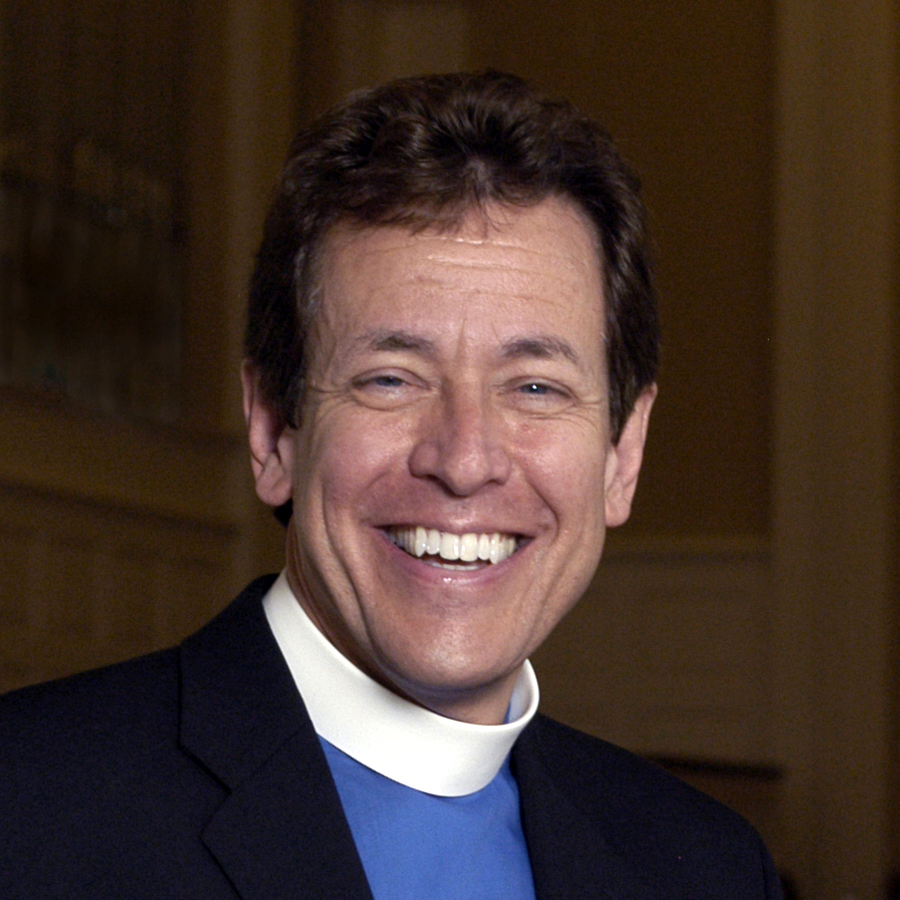Lie to Me: How We've Become a Culture Afraid of Facing the Truth
SMU Theologian Fred Schmidt says we're seeing a disturbing new trend in the public arena — widespread, well-organized lying.

By Frederick W. Schmidt
A disturbing trend is surfacing with increasing frequency of late in the public arena — widespread, well-organized lying.
The Atlanta public schools are now embroiled in a state-sponsored investigation that, to date, has implicated 178 teachers, 38 principals, and the district superintendent. They both coached their students and changed their answers to achievement tests that measured the success of the schools. Attorney General Eric Holder's office has been implicated in the effort to cover up the failed "Fast and Furious" campaign launched by the FBI, which, in turn, conducted its own efforts by cloaking the truth about what they were doing from the ATF.
And all this follows hard on the heels of governments around the globe lying to one another and their citizenry about the state of the economy.
Why is this happening? Some of it can be traced to the pressure to perform. Parents demand schools that actually teach something. (Fancy that.) Voters want politicians to solve problems (and that doesn't seem to be quite so obvious to politicians). And both educators and politicians would like to keep their jobs. (Politicians have managed to make their jobs all about keeping them — that's a neat trick, if you can pull it off.) Stockholders demand ever-growing profit margins (lying to themselves about the realism of their expectations) and CEOs are happy to oblige, even if it entails adjusting the accounting procedures a bit.
But the real "why" lies in a deeper spiritual problem shared by leaders and followers alike: a lack of commitment to the truth in all its complexity. And in the name of evading the truth and its complexity, people and their leaders have entered into a mutually destructive contract: If leaders are willing to lie, it is due in part to the fact that an increasing number of people are willing to say, "Lie to me."
The roots of this contract lay deeper than a simple moral calculation. If asked outright whether we want to be led on about the security of their nation's economy or snookered about the quality of the education their children are receiving, the answer is, "Of course not." But the origins of this destructive contract are subtler than that.
It is rooted in what appears to be far more innocuous trends and habits:
- Intellectual laziness that refuses to engage the problems we face; the tendency to oversimplify problems
- The habit of demonizing one's opponents (and with them, their views)
- The preference for reading those with whom we agree (and the tendency to avoid reading those with whom we disagree)
- The simple equation of party affiliation with serious thought (and the out-of-hand dismissal of those with a party affiliation that differs from our own)
- And the tendency to pick and choose the data that makes our case, suppressing anything that might contradict our position or (at a minimum) demand more modest claims
Together, these are the habits that seductively whisper, "Lie to me." In turn, those habits nurture a style of leadership that does not even recognize lying for what it is.
The tough business of leading and following—of sifting facts, and thinking hard, of telling the truth and of facing the truth—may sound far from spiritual. But there are few tasks that are more important to both our collective and individual spiritual journeys. The deeply spiritual life should be marked by a restless, remorseless desire for the truth—about our world and ourselves. And anything that suggests otherwise is a sham.
That may be why one of the great modern saints remains the famed Secretary General of the United Nations, Dag Hammarskjöld, whose quest for the truth—about himself and the world—shaped his life's inner conversation with God. His words are worth pondering:
You cannot play with the animal in you without becoming wholly animal, play with falsehood without forfeiting your right to truth, play with cruelty without losing your sensitivity of mind. He who wants to keep his garden tidy does not reserve a plot for weeds.
Hammarskjöld lived and died by those words. It shaped his leadership style and it informed his personal reflections. But, more to the point, it made him the leader who resisted within and without the plea, "Lie to me."
The Reverend Dr. Frederick W. Schmidt is director of Spiritual Formation and associate professor of Christian Spirituality at Southern Methodist University, Perkins School of Theology in Dallas, Texas. An Episcopal priest, he also serves as the director of the Episcopal studies program. He is the author of several books, including Conversations with Scripture: The Gospel of Luke (Morehouse, 2009) and What God Wants for Your Life (Harper One, 2005).
Schmidt's column, "The Spiritual Landscape," is published every Monday on the Progressive Christian portal.